The U.S. Could Have Been a Country of Hippo Farmers and Dinner Plates Could Have Been Full of ‘Lake Cow Bacon’
A bill was to be passed in the US to help increase meat consumption among low-income citizens and battle the menace of water hyacinths that clogged waterways in New Orleans. But that bill was never passed into law.
This bill was known as the American Hippo Bill.
The Water Hyacinths Make A Debut
In 1884, water hyacinths were introduced to the American Society at the Cotton States Exposition in New Orleans. The introduction of this delicate, beautiful flower with purple leaves was aesthetically pleasing to the audience, and everyone wanted a piece of it in their gardens.

Source: Full Service Aquatics/ Pinterest
Unknown to many, the purple-looking ornamental flower with glossy leaves posed a significant risk to their waterways.
An Unforeseen Threat
The flower spread like wildfire from Louisiana to Florida as it was handed out to anyone who wanted it. Within 20 years, it had taken over the southern waterways, making it difficult to trade through a water route that had been used for years.

Source: Wikimedia Commons
This raised serious concerns for workers and traders operating within the southern trade axis.
Trails and Errors In Getting Rid Of The Hyacinths
In a bid to destroy the hyacinths, workers broke the overgrown hyacinths apart and dredged them from the river bank. They also cut them and lit them on fire, but not only did they survive, but they also thrived.
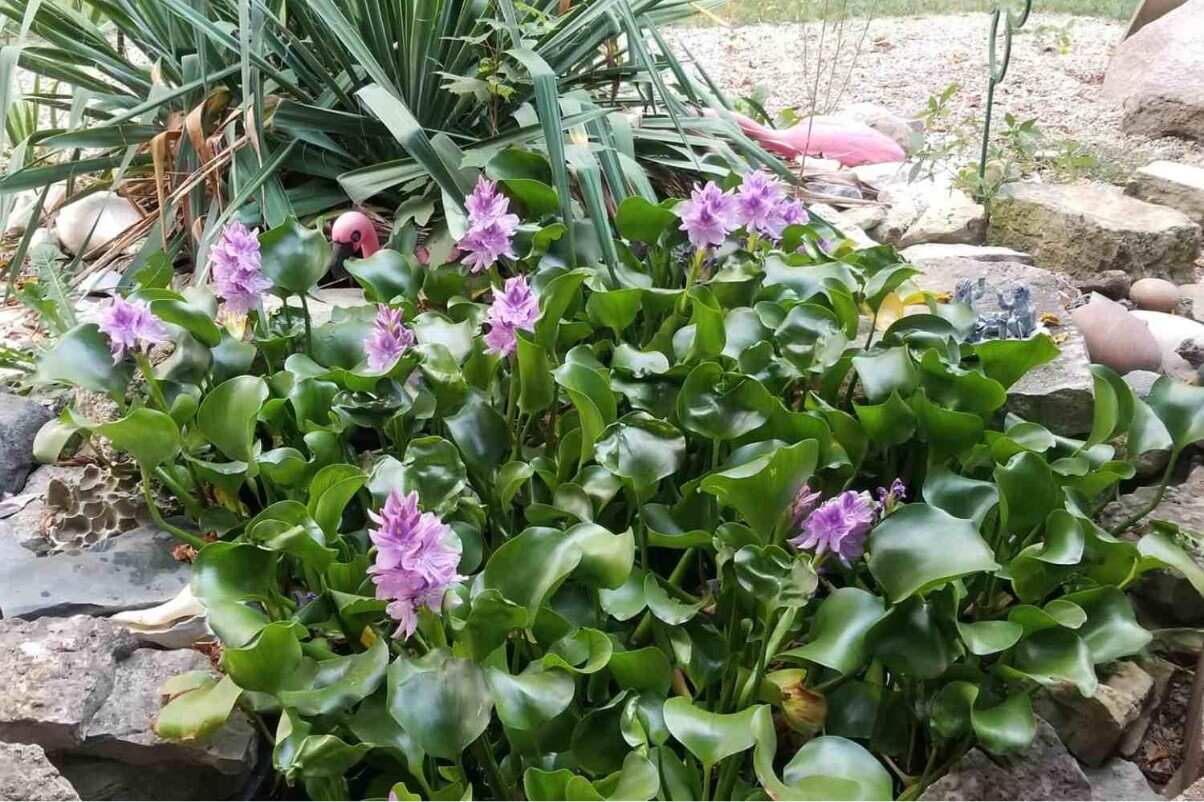
Source: Bob Anna-Marie Roach/ Facebook
They continued spreading like wildfire and threatened to destroy a long-established trade route. While people continued the unending battle with the Hyancinths, another problem was looming.
Meat Shortage Hits America
There was an unexpected shortage of meat in the USA. Meat, known to be accessible to even the poorest in the community, was suddenly inaccessible without particular cause.
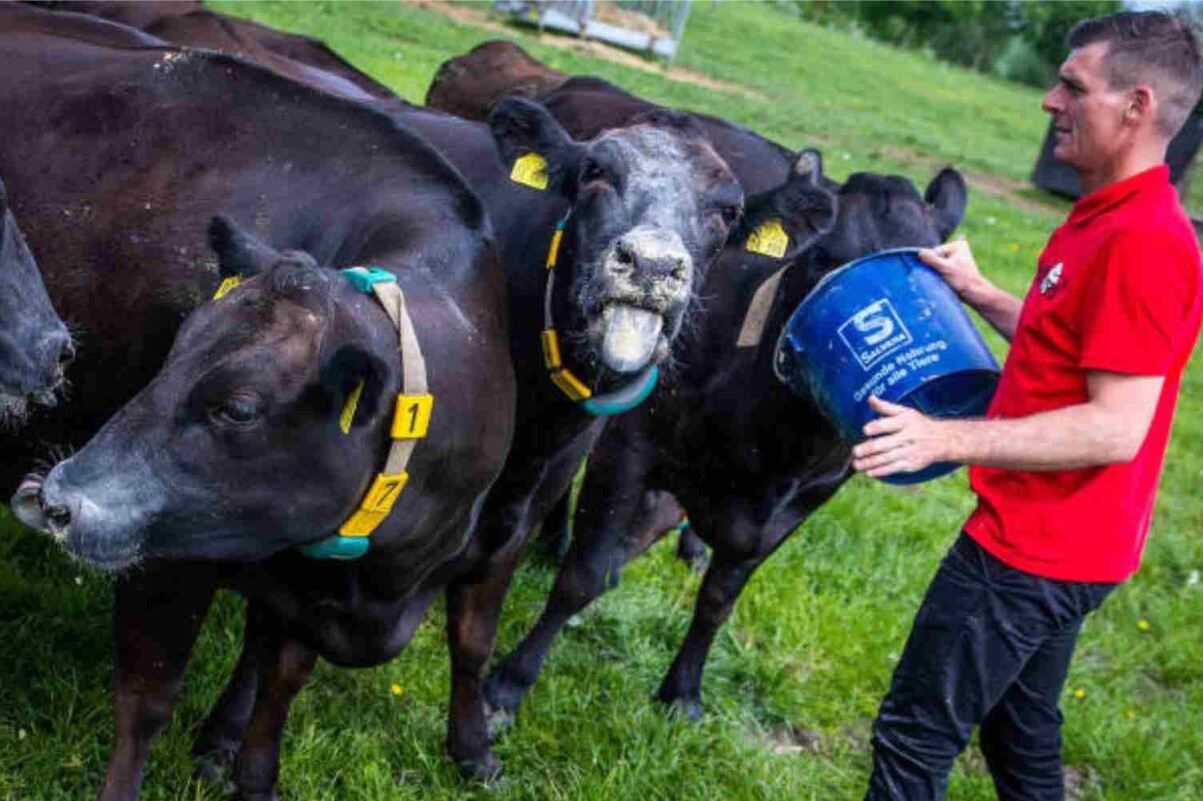
Source: Picture Alliance/ Getty Images
The butchers blamed the meatpackers, the meat packers blamed the increase in grains, livestock feed, and cattle prices, while the people blamed the beef trust, also known as Large Meatpacking Companies. They were accused of hoarding meat in order to cause inflation and make more profit.
A Solution Is Proposed
To help solve the problem of invasive hyacinths and meat shortage, Louisiana Representative Richard Broussard suggested the adoption of Hippo Ranching.
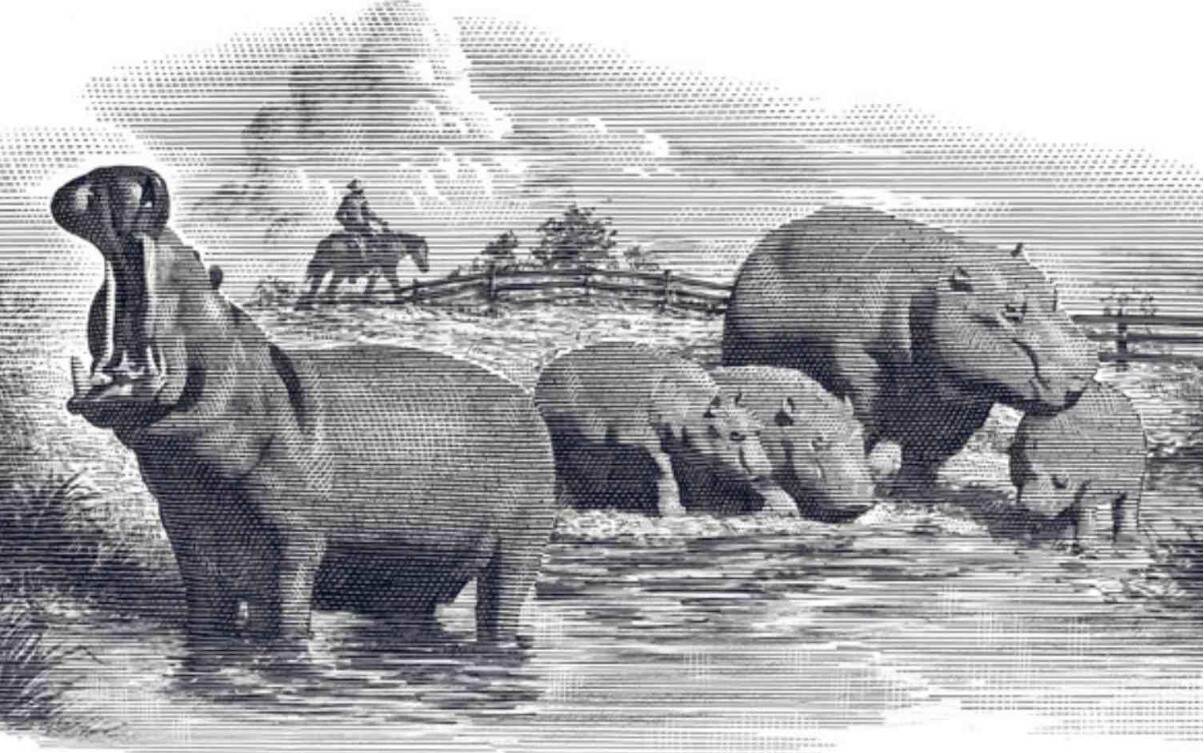
Source: La Confiture/ Twitter
In 1910, Broussard raised a bill before the House Committee of Agriculture to import Hippos, an exotic animal from Africa, to solve the shortage problem. Since they were herbivores, they would also consume the invasive hyacinths as their primary food source.
The Hippopotamus
The hippopotamus, known as the Water Horse, is one of Africa’s largest and most dangerous animals. They are known to be violent and aggressive in their habitat, feeding on plants and occasionally on animal remains.
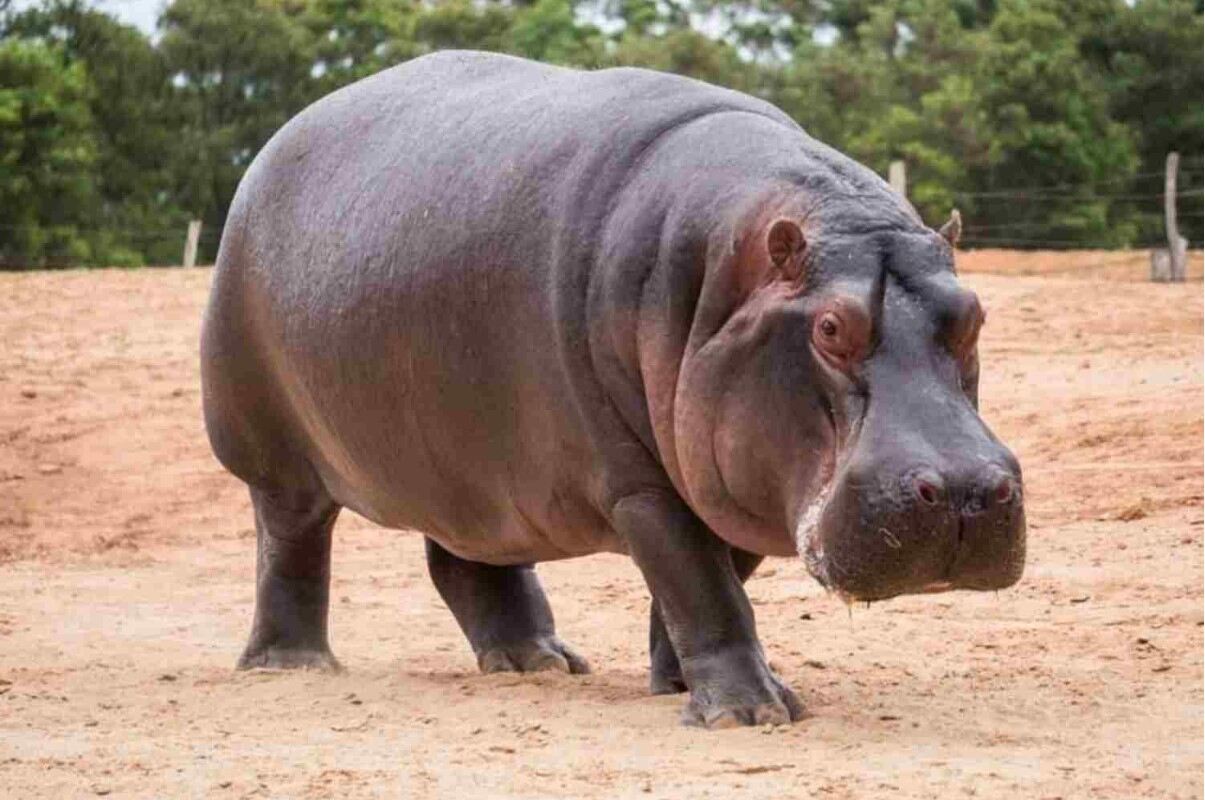
Source: Travel Awaits/ Pinterest
They are known to attack other animals, such as zebras, wildebeests, and even lions. In some parts of the world, hippos are consumed as a source of protein. This source of meat was also to be adopted by Americans with the proposal of the Hippo Bill.
Hippo Ranching
According to William Newton Irwin, a researcher at the Department of Agriculture, there was no reason to hesitate about hippo ranching.
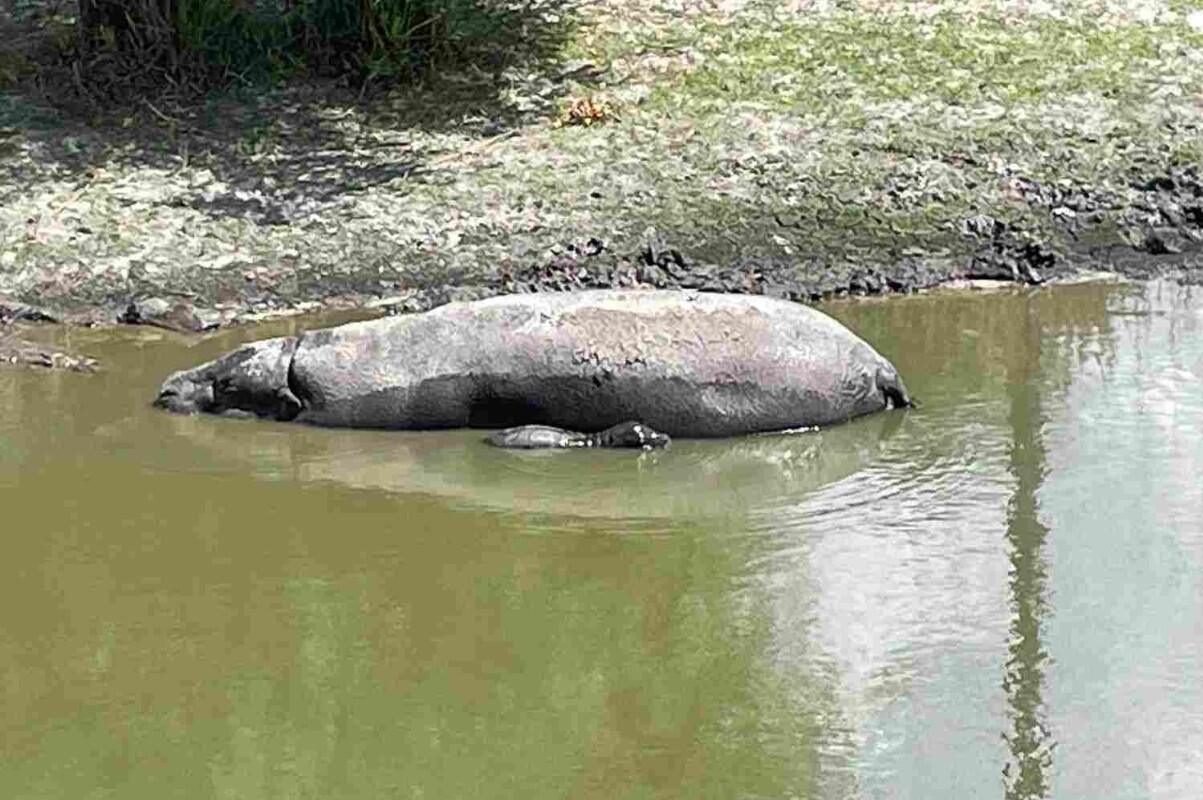
Source: Giraffe Ranch/ Facebook
This was because other exotic animals, such as small antelopes, rhinos, cape buffalos, and Manchurian pigs, could populate all parts of America, increasing the meat supply.
Championing The Hippo Bill
Many others, such as Fredrick Russell Burnham and Fritz Joubert Duquesne, followed in pushing the bill in hopes of getting approval. Duquesne was born in Africa and lived his early years in Kenya.
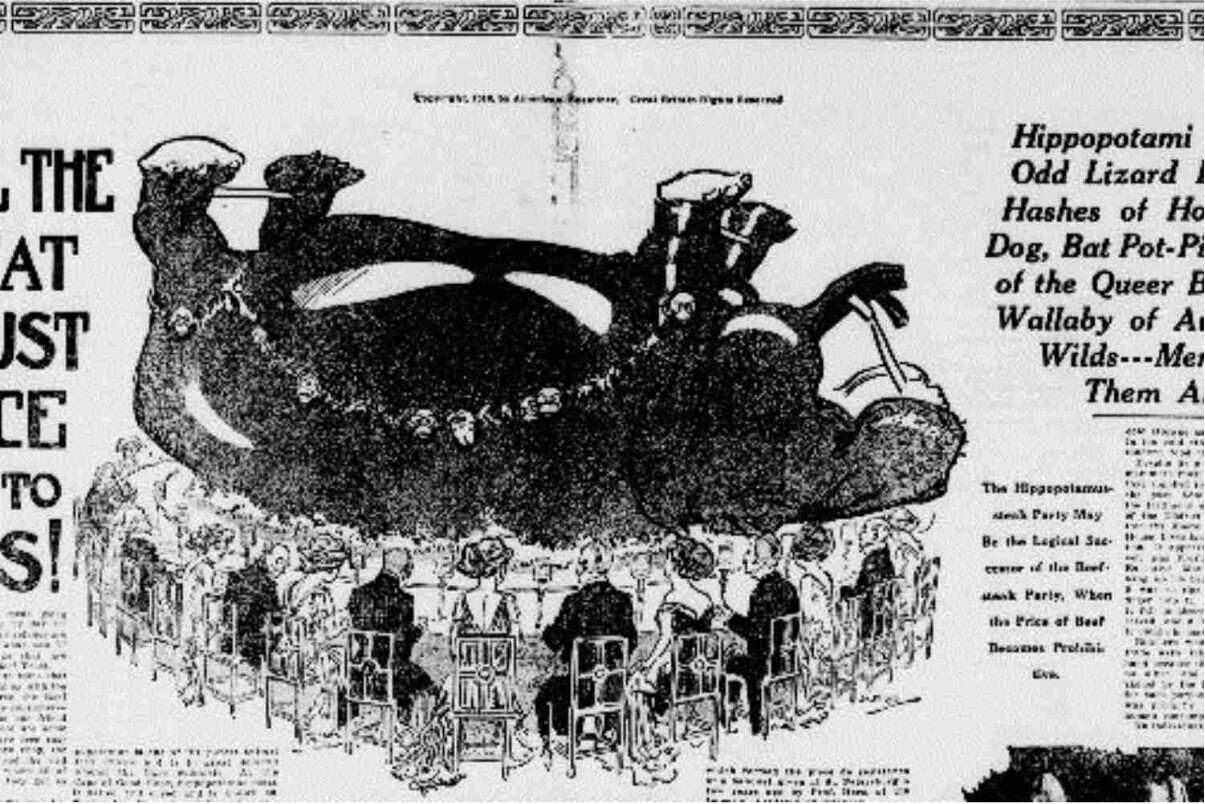
Source: Levi Boshnack/ Twitter
He told the panel that the Kenyans had been butchering hippos for millions of years. Irwin also told the panel that hippo meat tastes like a combination of beef and pork.
More Support For The Hippo Bill
American President Theodore Roosevelt also subscribed to the Hippo Bill and gave Broussard his full support. Roosevelt had spent his days as an ex-president in Africa hunting game. The committee was yet to be convinced and still had reservations.
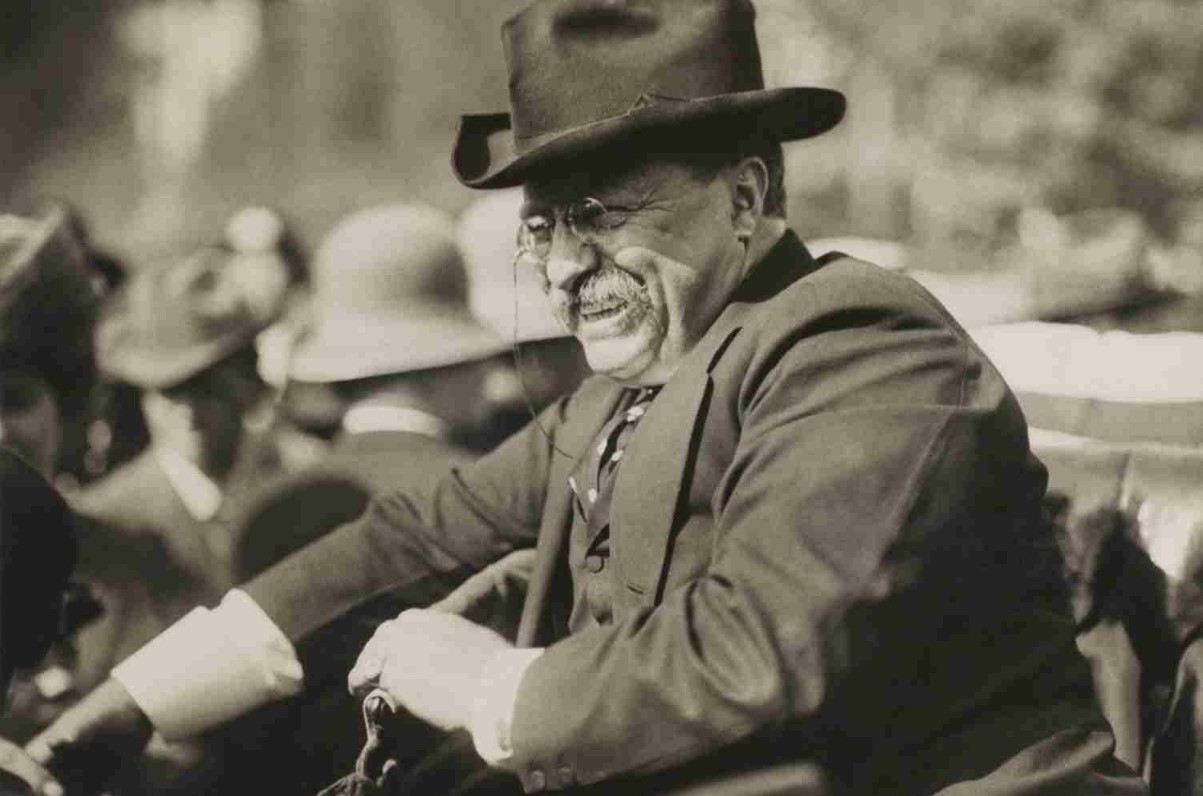
Source: Wikimedia Commons
They inquired about the possibility of domesticating the animals, to which Irwin and Broussard positively affirmed, stating that the animals would be kept within a fence and close to waterfronts with access to hyacinths as a feed source.
The Chaos That Would Have Been
Their theories were very far from the facts. Due to the aggressive nature of hippos, they can easily break through fences and cause fatal harm to people. Also, hyacinths are 95% water and would cause malnutrition in hippos.
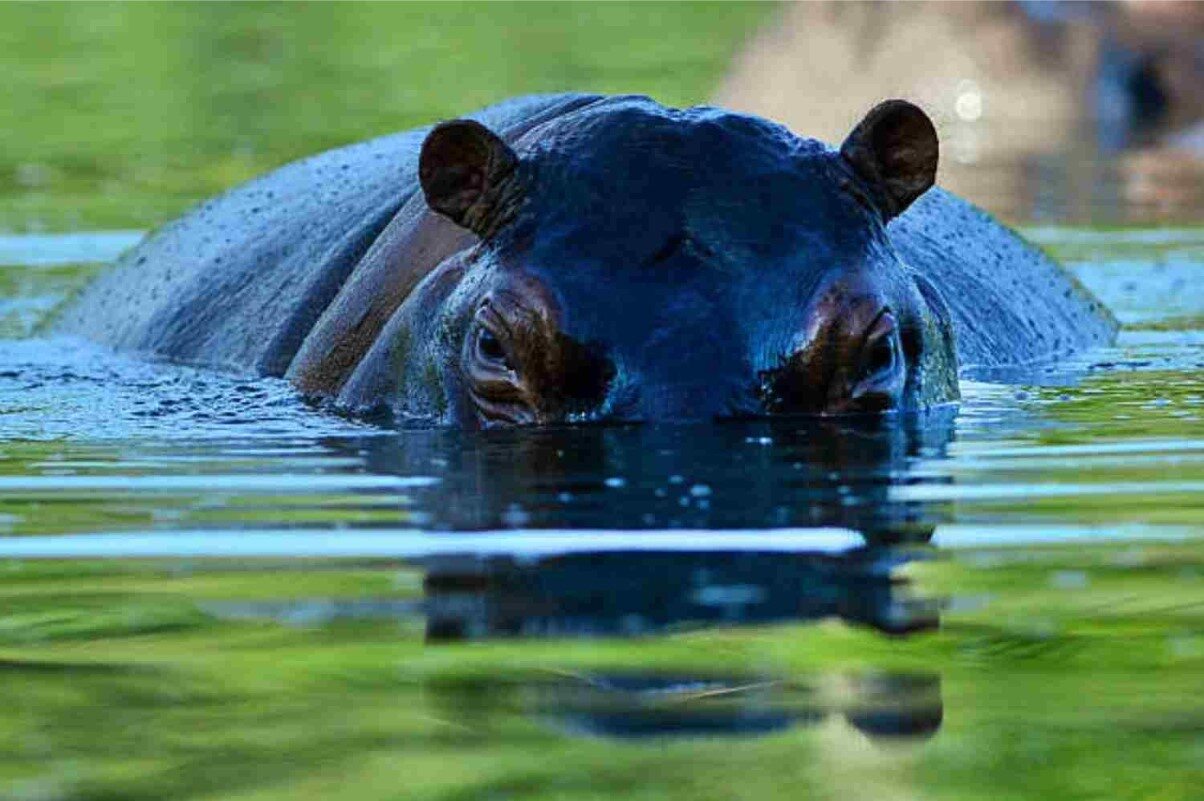
Source: Raul Arboleda/ Getty Images
The idea of using hippos to destroy hyacinths would pose an ecological threat to waterways due to their huge metabolic waste, which increases the growth of algae and promotes the destruction of other aquatic life. It turns out the Hippo Bill was never a good idea, after all.
